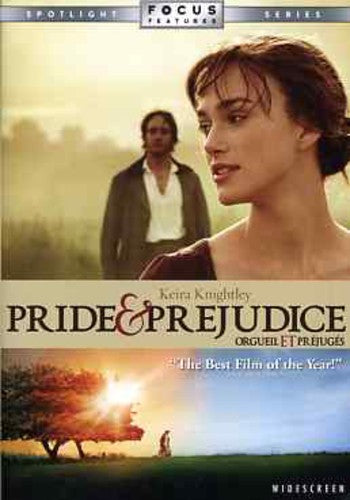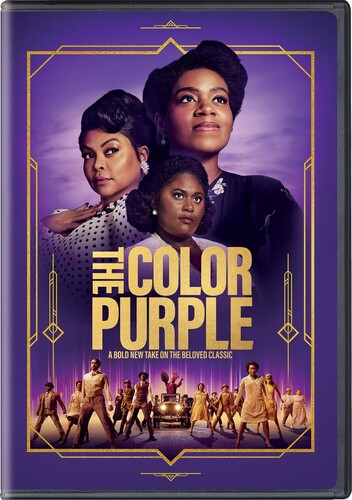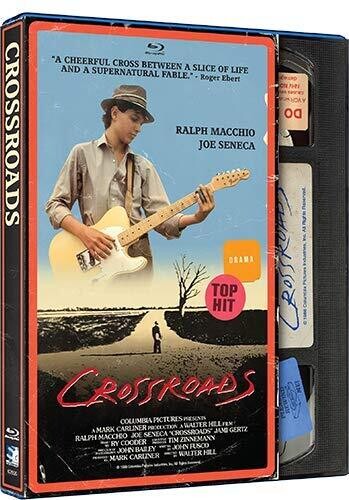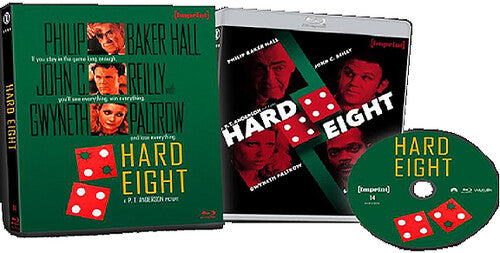Pride & Prejudice (DVD)
$6.99
$9.99
The Color Purple (2023) (DVD)
$22.99
$29.98
Crossroads (Retro VHS Packaging) (Blu-ray)
$8.99
$14.99
Donnie Brasco (Blu-ray)
$6.99
$9.98
Hard Eight (Blu-ray)
$22.99
$27.99
Undercover Desire
$16.95
The Fearless Heart
$19.95
The Chosen One
$27.95
Laughs in Spanish
$15.95
Oedipus Rex
$17.95
The Tragedie of Macbeth
$24.99
The Writer and the Engineer
$19.99
Whims of God
$16.98
An Enemy of the People
$6.99
Exiles
$11.95
The Niceties
$14.95
Hamlet
$12.99
Pipeline (TCG Edition)
$15.95
Stage Kiss
$16.95
Plays in One Act
$19.99
Burn This: A Play
$16.00
Girlfriend
$15.95
The Hatmaker's Wife
$15.95
Agnes Under the Big Top
$15.95
Spike Heels
$18.95
Up
$15.95
Miss Julie
$5.00
Euripides Ten Plays
$7.95
Dreamchaser
$21.95
Hamlet
$14.24
Romeo and Juliet
$22.45




















































